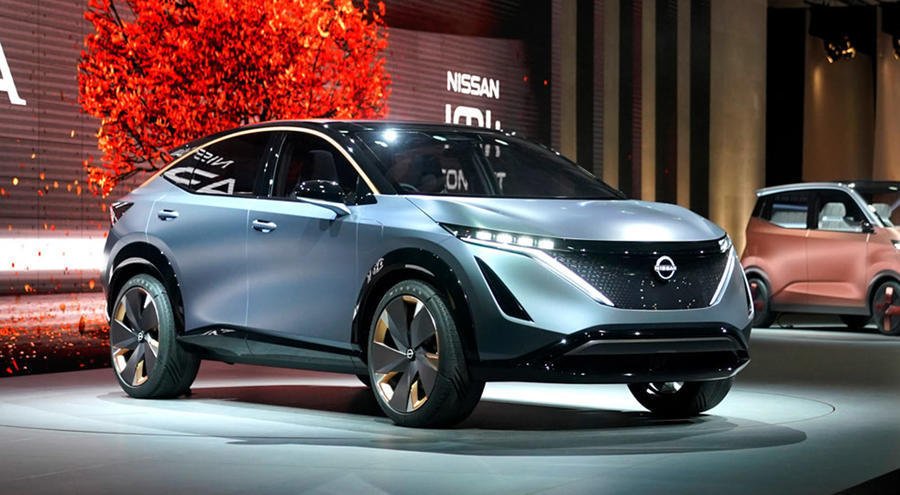The costs involved with meeting the forthcoming Euro 7 engine emissions regulations could prompt manufacturers to make a wholesale switch to electric cars ahead of 2030, according to Nissan COO Ashwani Gupta.
The new Euro 7 standard for combustion engines will be introduced by the European Union around 2025, and it's set to feature stringent regulations on exhaust emissions that would require heavy investment from car firms to speaking.
The UK and other countries in the European region set to ban the sale of virtually all new non-zero-emissions cars from 2030 onwards, making it harder for firms to recoup the necessary investment.
Speaking about when EV uptake would hit a critical mass during the Financial Times Future of the Car Summit, Gupta said: “In Europe, there will be the option for Euro 7 [compliant powertrains] or electric, and the manufacturer will have to choose between them before of the costs involved. For us, the cost of developing Euro 7 is more than developing EVs, and as a result, the tipping point in Europe will come sooner [than 2030].”
Gupta added that consumer demand would be the ultimate deciding factor. Nissan will shortly add the Ariya SUV to the Leaf hatchback as part of its EV line-up and will fully electrify its line-up by the end of 2022 using its innovative new hybrid system.
“For Nissan, electrification is not the objective, but it should be the consequence of consumer choice," said Gupta. "We will electrify our line-up by the end of 2022, then it’s the customer that will decide which is the best powertrain choice.
“Maybe we don’t wait until 2030 because customers go for 100% electrification in Europe by 2026. Our job is to bring a competitive electric car in terms of cost and performance to the customer, and then the customer will decide.”
To lower the total cost of ownership of an EV, Gupta said that Nissan is working on technology to lower the cost of its next-generation batteries to around $100 (£70) per kWh, and beyond that to hit $75 (£50) per kWh.

